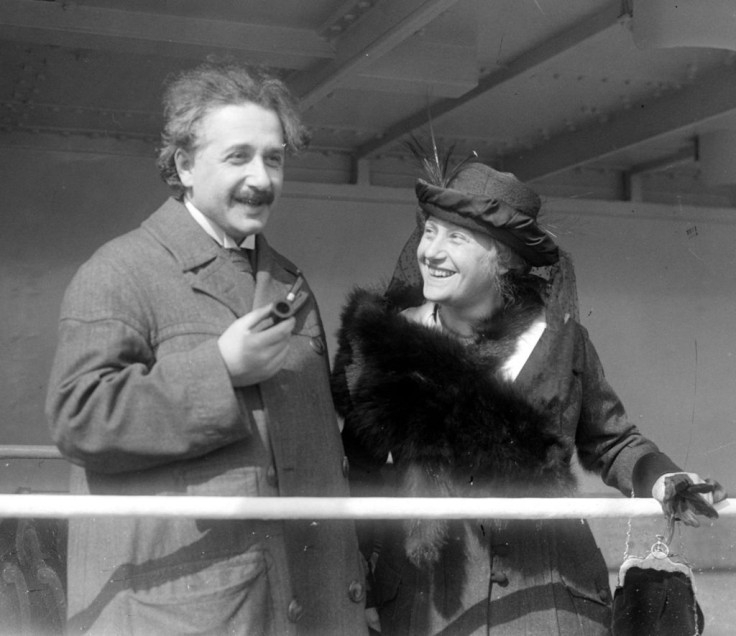'Digital Einstein' Database Includes Newly Revealed Love Letters, Scientific Papers From Early Life
Einstein Document Trove Now Online

Wouldn't it be great to know how Albert Einstein's brain worked, what he was thinking and feeling while he developed some of the greatest scientific advances in history? Now anyone with an Internet connection can, with the publication of the Digital Einstein Papers. A collection of 5,000 searchable documents, the trove includes samples from the legendary, Nobel Prize-winning physicist's professional life and his personal life. And starting Friday, thanks to Princeton University Press and the Hebrew University of Jerusalem, it can all be read for free.
The Digital Einstein project draws on voluminous Einstein manuscripts already published as part of the Einstein Papers Project, which aims to digitize as much of the physicist’s work as possible. The archive includes papers, letters, postcards, notebooks, scientific essays and political opinions that give readers a glimpse into the legendary scientist's work as well as his marriage and divorce, and his decision to become a pacifist after World War I.
While the Einstein Papers Project is nearly halfway through a projected 30 volumes, Digital Einstein transcribes and translates documents dated from 1879 to 1923, two years after he won the Nobel Prize in physics.
Scholars now have a better understanding of how the most famous scientist of the 20th century formulated the Theory of Relativity and other remarkable advances.
“He spends a lot of time thinking about things. He doesn’t publish everything. He explores alternatives, consults colleagues, performs experiments,” Diana Kormos-Buchwald, director of the Einstein Papers Project at the California Institute of Technology, told the Los Angeles Daily News.
“One could only learn about these projects by reading the correspondence, because he changed his mind or because things didn’t work out as planned. He wouldn’t publish a scientific paper, but he would discuss this in his private and professional correspondence.”
The 14th volume of the Einstein Papers Project is scheduled to be released in January, with a digitized version expected to be posted on Digital Einstein 18 months later.
© Copyright IBTimes 2025. All rights reserved.



















